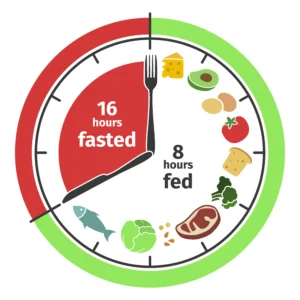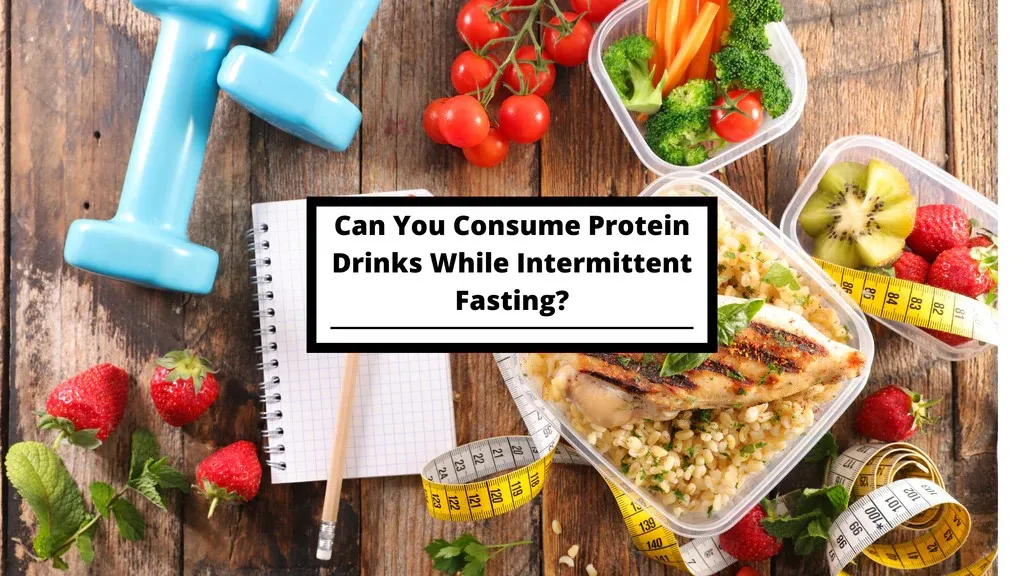Table of Contents
ToggleIntermittent fasting: an honest insight

Intermittent fasting (IF) has gained significant popularity in recent years as a holistic approach to both weight management and overall health improvement. This dietary pattern involves alternating cycles of eating and fasting, with the potential to bring about a range of benefits. In this comprehensive guide, we will delve into the process of intermittent fasting, explore its numerous benefits, weigh the pros and cons, and provide essential insights for those considering adopting this lifestyle.
Process of Intermittent Fasting:
Intermittent fasting encompasses several methods, each with its unique approach to fasting and eating windows. Here are some popular IF methods:
- The 16/8 Method: This involves a daily fasting period of 16 hours, with an 8-hour eating window. For example, one might eat between 12:00 pm and 8:00 pm, fasting from 8:00 pm to 12:00 pm the next day.
- The 5:2 Diet: Participants consume a regular diet for five days a week and limit calorie intake to around 500-600 calories on two non-consecutive days.
- Eat-Stop-Eat: This method involves fasting for a full 24 hours once or twice a week. For instance, fasting from dinner one day until dinner the next day.
- Alternate-Day Fasting: Individuals alternate between days of regular eating and days of fasting or consuming very few calories.
Benefits of Intermittent Fasting:
- Weight Loss: IF can promote weight loss by reducing calorie intake and increasing the body’s reliance on stored fat for energy.
- Improved Insulin Sensitivity: Fasting periods may enhance insulin sensitivity, reducing the risk of type 2 diabetes.
- Cellular Repair and Autophagy: Fasting triggers autophagy, a process that removes damaged cells and regenerates new, healthy ones.
- Heart Health: IF may improve cardiovascular health by reducing risk factors such as blood pressure, cholesterol levels, and triglycerides.
- Brain Health: Some studies suggest that IF may have cognitive benefits, including improved focus, memory, and a reduced risk of neurodegenerative diseases.
- Longevity: Animal studies indicate that intermittent fasting might extend lifespan by promoting cellular health and reducing inflammation.
Pros of Intermittent Fasting:
- Simplicity: IF is relatively simple to follow and doesn’t require specific foods or complicated meal plans.
- Flexibility: The various methods offer flexibility, allowing individuals to choose the approach that best fits their lifestyle.
- Metabolic Health: IF can improve various markers of metabolic health, including blood sugar levels and lipid profiles.
- Cultural and Historical Significance: Fasting has been a part of cultural and religious practices for centuries, adding a historical and cultural dimension to IF.
Cons of Intermittent Fasting:
- Potential for Overeating: Some individuals may overcompensate during eating windows, negating the calorie deficit intended for weight loss.
- Adaptation Period: It may take time for the body to adapt to fasting, leading to initial discomfort such as hunger, irritability, and fatigue.
- Not Suitable for Everyone: Pregnant or breastfeeding women, individuals with a history of eating disorders, and those with certain medical conditions should approach IF with caution or avoid it altogether.
- Social Challenges: Fasting periods may pose social challenges, especially during social events or family meals.

Can you take Protein Drink in Intermittent Fasting?
Yes, you can consume a protein drink during intermittent fasting, but it depends on the specific rules or goals you have for your fasting period.
In general, intermittent fasting involves cycling between periods of eating and fasting, and it doesn’t dictate specific foods or drinks to consume during the eating window. If your primary goal is to maintain muscle mass or support your workouts while fasting, a protein drink can be a suitable choice during your eating window.
However, if your fasting period is a strict water-only fast, then consuming a protein drink would break the fast. It’s essential to understand the guidelines of your chosen intermittent fasting approach and tailor your food and drink choices accordingly.
Conclusion:
Intermittent fasting is a compelling approach for many seeking improved health and weight management. However, it’s essential to consider individual preferences, health conditions, and lifestyle factors when deciding whether to adopt this dietary pattern. Consulting with a healthcare professional or a nutritionist can provide personalized guidance to ensure a safe and effective implementation of intermittent fasting. As with any lifestyle change, moderation and consistency are key to reaping the long-term benefits of intermittent fasting.